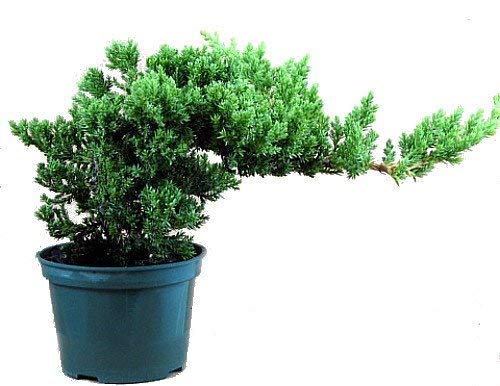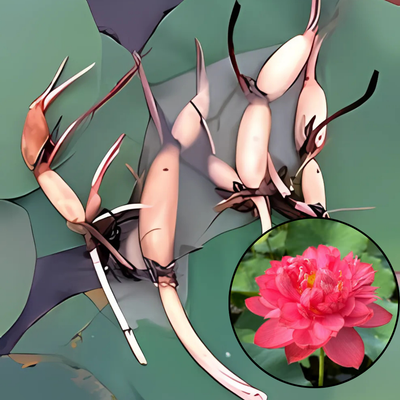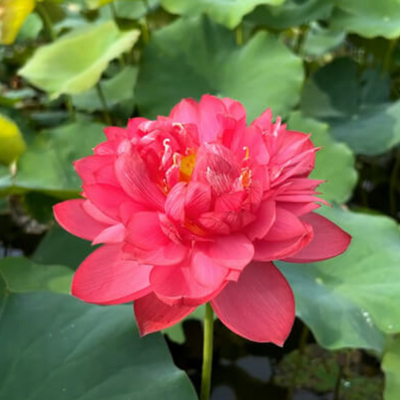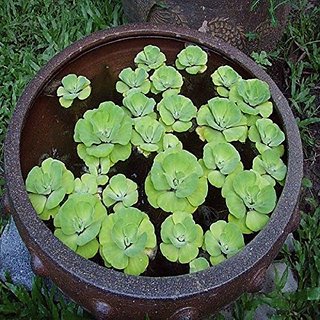
- Juniper trees are especially popular choices in bonsai due to their ease of care, variable form, and gorgeous foliage.
- Junipers have a naturally compact growth habit which makes them well-suited to bonsai growing techniques, and relatively young juniper bonsai can look well-established without much effort.
- Since some juniper species are low-lying ground cover shrubs, they also make fantastic cascading bonsai due to their natural downward growth habit.
Specific Bonsai care guidelines for the Juniper Bonsai Position: Place the tree outside, year-round, on a bright spot with lots of sunlight. The Juniper cannot live indoors.
| Botanical Name | Juniperus Bonsai |
| Common Name | Juniper Bonsai |
| Plant Type | Evergreen tree |
| Mature Size | 60 - 80 inches (or as desired) |
| Sun Exposure | Full sun |
| Soil Type | Well-draining, bonsai soil |
| Soil pH | 5.5 - 6.5 |
| Bloom Time | Spring |
Light
Juniper bonsai require bright, direct sunlight for the majority of the day. For this reason, juniper bonsai are best-suited to being grown outdoors year-round.
Soil
Bonsai soil mixes are well-draining, allowing both air and water to reach the roots, and are typically a combination of akadama (clay granulate from Japan) or porous rocks , organic potting compost, pumice, and fine gravel/grit. They can be found at most garden centers or plant stores, or online from speciality bonsai retailers.
Water
As with most bonsai, juniper bonsai require regular watering in order to keep the soil consistently moist. However, they cannot tolerate being waterlogged.
As a general rule, allow the soil to dry slightly between waterings, avoid letting it dry out completely, and then water deeply. Ensuring that the bonsai has adequate drainage is imperative in preventing the soil from becoming waterlogged.
Temperature and Humidity
Juniper bonsai trees should be grown outdoors year-round and cannot tolerate growing indoors. They are hardy, frost-tolerant trees that can withstand temperatures as low as 10 degrees Fahrenheit without protection. When extreme winter temperatures dip below this, providing juniper bonsais with moderate protection from wind and frost will help them to overwinter outdoors.
Fertilizer
Juniper bonsai appreciate regular feeding during the spring and fall months to promote strong growth. However, cut back on fertilizing during the summer months to give the tree a break.
Use slow-release organic fertilizer once a month during the growing season, or a liquid fertilizer every week when watering. If vigorous growth is desired, a nitrogen-rich fertilizer is recommended - but only in the spring months.
To avoid shocking the roots, don’t fertilize a juniper bonsai after it has been repotted for at least a month.




